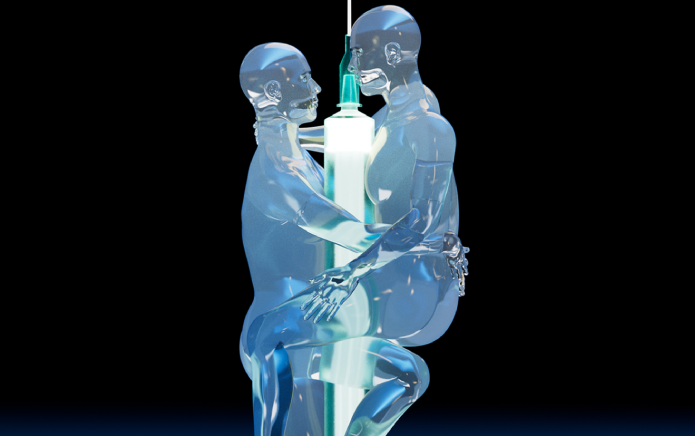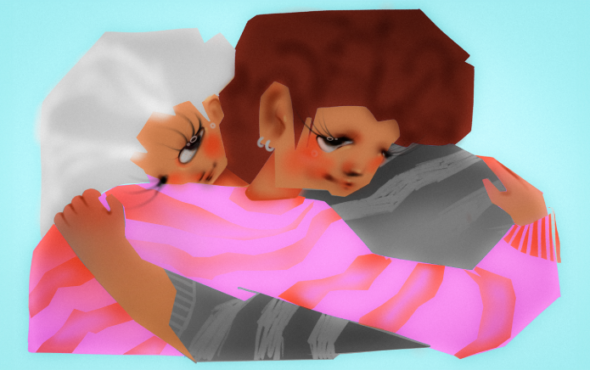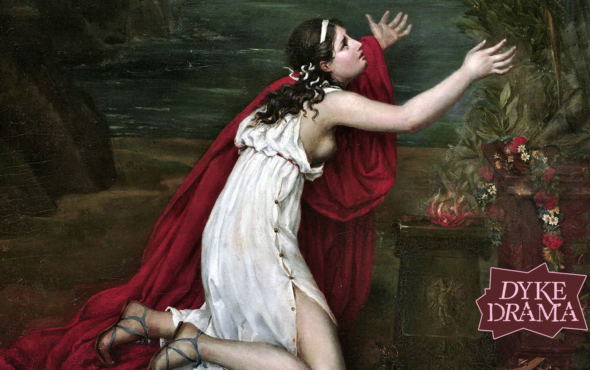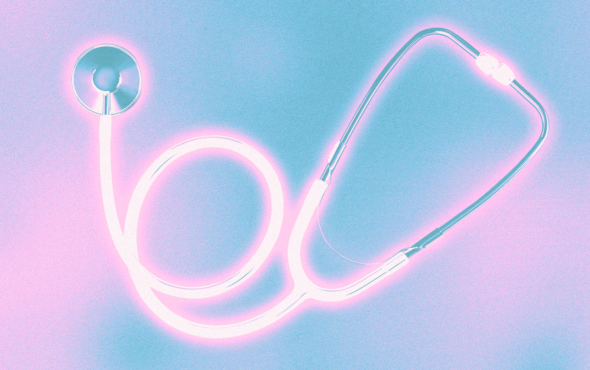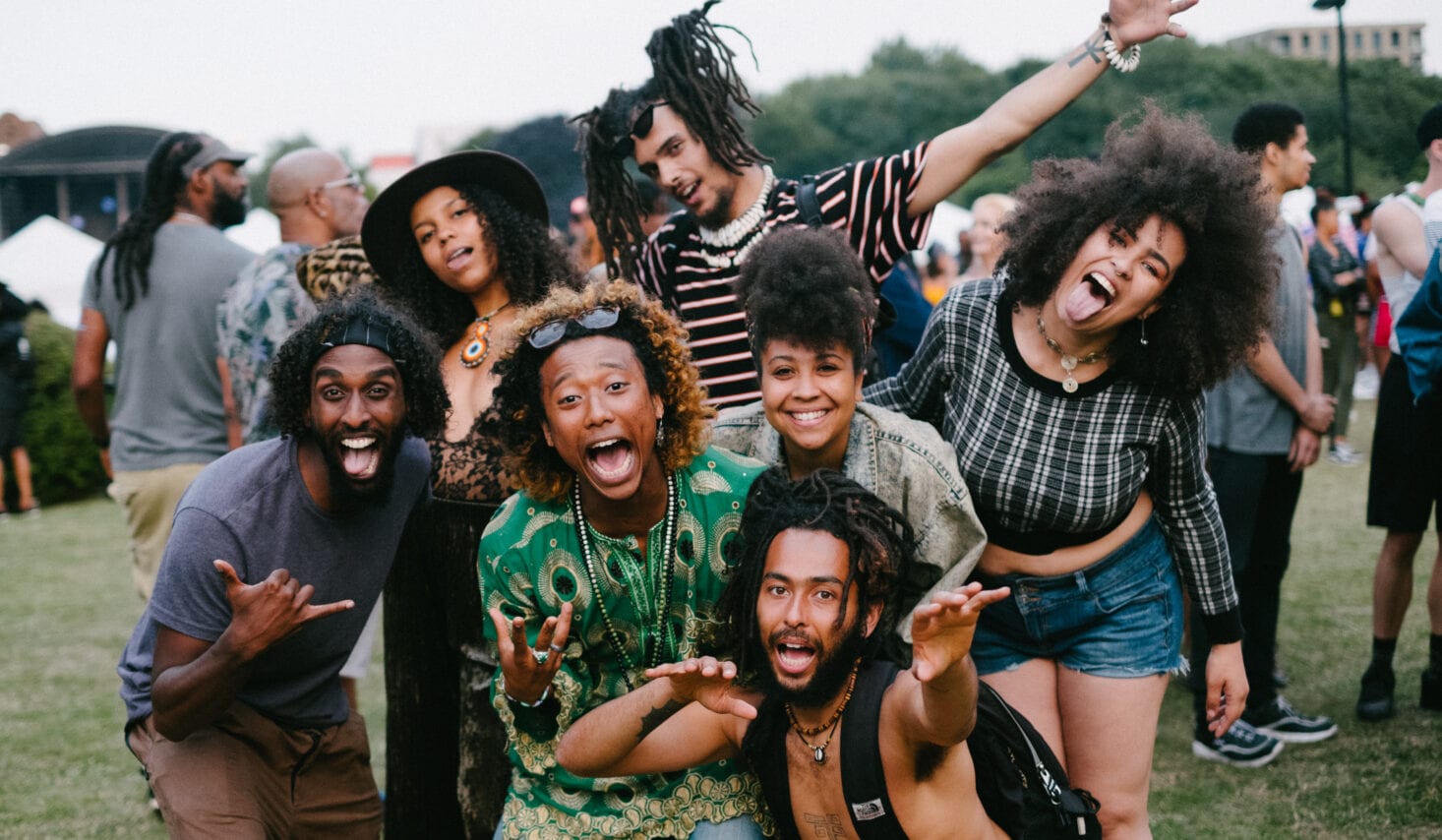
What does Pride mean to you? In the LGBTQ+ community, the word has taken on the meaning of perseverance, defiance, love and power. But under all the various meanings the root of the word can be boiled down to liberation and acceptance. This multi-dimensional term has been embraced and used by the LGBTQ+ community for over 50 years. In 1970, queer activists Brenda Howard and L.Craig Schoonmaker brought the word to the forefront during the creation of the Christopher Street Liberation Day Parade in NYC. Soon after, the implementation of “Pride” has spearheaded our journey and achievements as a community, both socially and legally. But for Black and Brown queer voices, the word stands for much more than sexual identity. Pride also relates to the loving embrace that ethnic minorities have for their various racial backgrounds. Even though the LGBTQ+ community has collectively embraced the word as a unifying symbol, the way we celebrate our queer Pride hasn’t always been equal.
The first Pride march in London took place in 1972, having been inspired by the 1969 Stonewall Riots. The impact of these revolutionary protests spawned an onslaught of LGBTQ+ marches and celebrations over the years. That night of 1969 created outlets for queer voices to be present and loud. Pride events have now become a staple during the summer months. From TV specials and films to business endorsements and product releases, Pride is continuing to branch out into various sectors of society. But when boiled down to its essence, Pride is a time within the community that is used to express themselves and embrace their queer identities.
Even though these events were created to liberate the whole community, queer people of colour are fighting to keep our seat at the table. Prioritising the white cisgender male has taken precedence over the years. This can be seen within our entertainment and media but also in the retelling of our history. For queer Black and Brown individuals, the feeling of racial inequality and injustices are not only felt in our mainstream heteronormative society but also in our “inclusive” queer spaces. According to the Stonewall LGBT in Britain report, 32 percent have experienced some form of discrimination or poor treatment from others in their LGBTQ+ community. Due to the exclusion and isolation of Black and Brown individuals, the need for diverse Pride spaces has become vital.
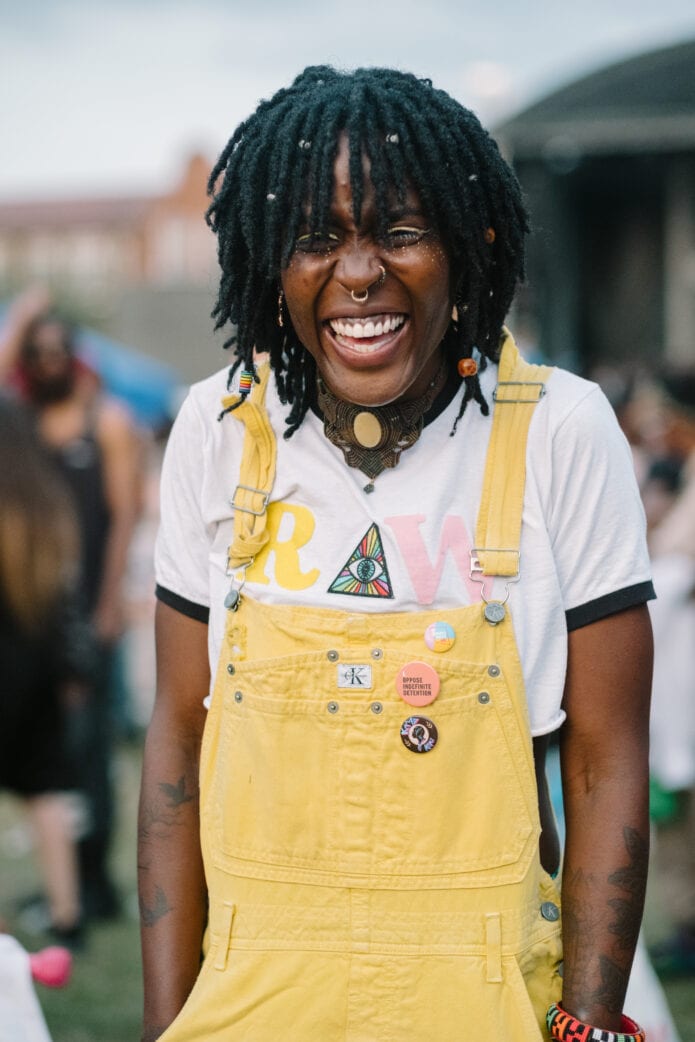
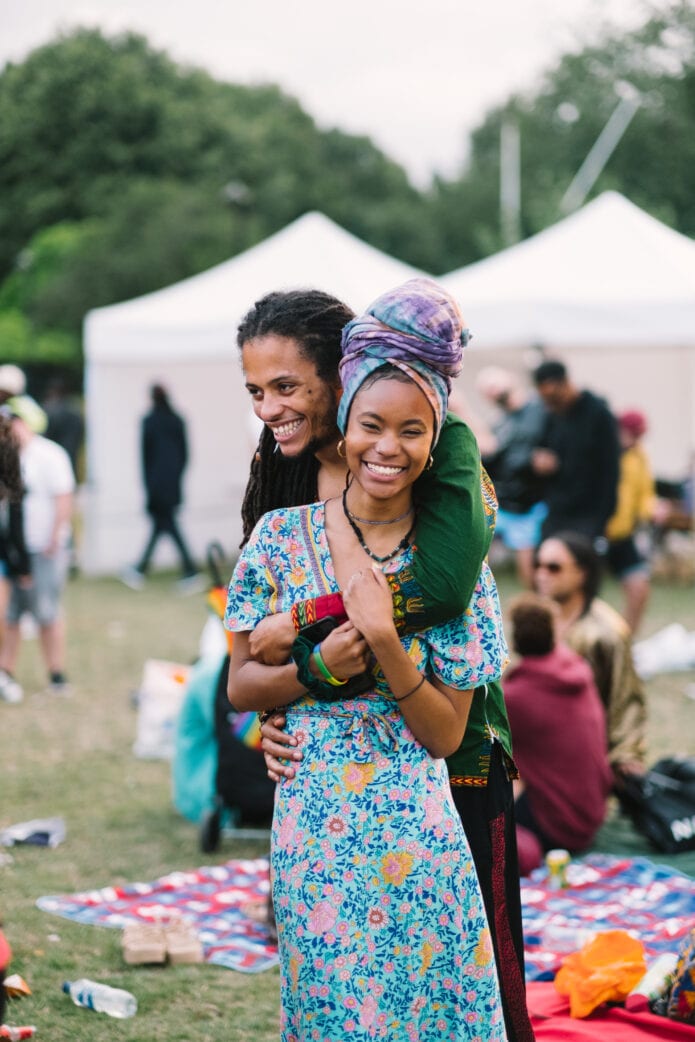
Although UKBP has shown an increase in attendance and recognition, its introduction into the lives of queer people of colour has varied. Having attended his fair share of white-dominated Pride events, Vaneet Mehta stumbled upon UKBP after developing frustrations with representation in the LGBTQ+ community. “I had only been in queer spaces a few months,” the 29-year-old says. “I found myself becoming increasingly frustrated with how white most LGBTQ+ spaces were and how hard it was to find other queer people of colour. I was drawn to UKBP as a result, a space by and for queer people of colour.”
The lack of BIPOC (black indigenous, people of colour) representation wasn’t only felt by Pride goers like Vaneet. In 2018, Stonewall cut ties with one of the UK’s biggest queer events, Pride in London, after they rejected concerns over the lack of diversity. These diversity concerns continued to persist for Pride in London, which led to the entire advisory board quitting in March 2021. The difference between UKBP and other Pride events for Vaneet simply comes down to the sense of community. “They don’t spend their time and money trying to get some famous pop girl, but actually platform people from the community. And it’s not about performers but discussions. It’s about learning and evolving,” Vaneet explains.
Unlike Vaneet, the introduction of UKBP was brought into Chanel Richard’s life by her friends. “One of my friends told me about UKBP, asked me to come along and I said yes. I wanted to experience UKBP and meet more people like myself.” This word of mouth method has been one of the driving forces behind this inclusive event. The continued discussion of UKBP amongst Black and Brown queer people is what morphed this once small event into the larger-than-life queer celebration it is today. When it comes to cultural representation, Chanel describes UKBP as a place to be unapologetically herself. “UKBP makes me feel comfortable, free and happy to see others like me proud of their identities,” she says.
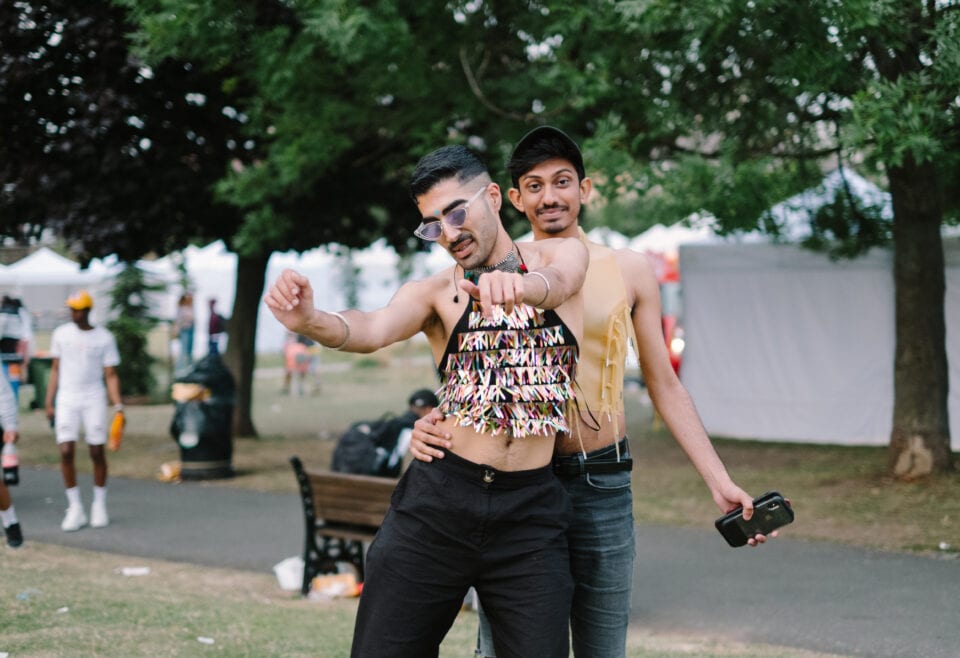
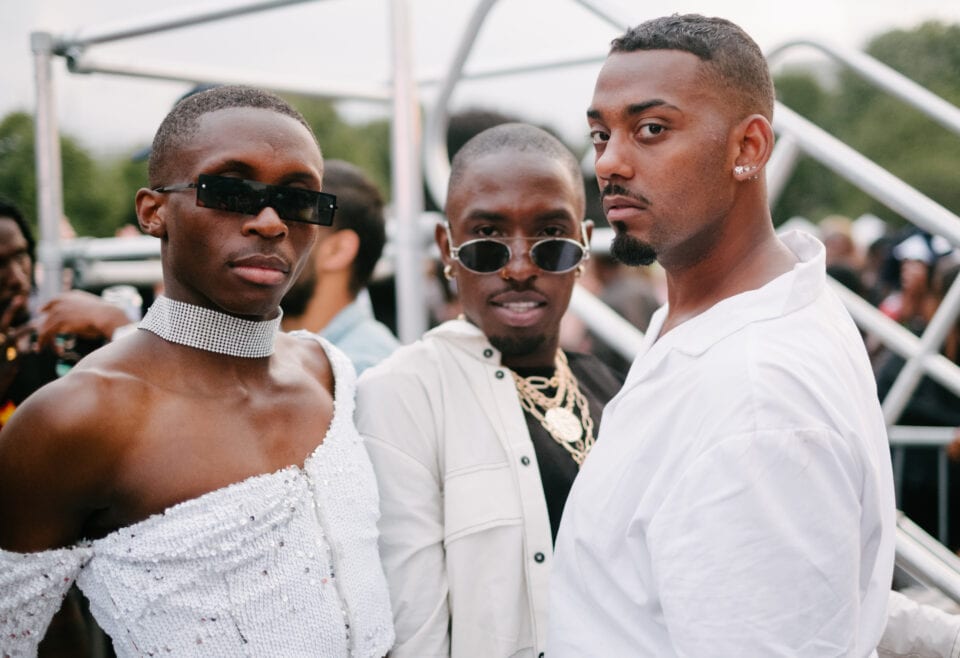
Although Chanel feels at home and involved when she attends the event, she does express frustration with the lack of support that UKBP and members of the community receive. “I’m frustrated that UKBP doesn’t get the support like other Prides. I don’t feel like we’re all represented in the LGBTQ+ community and it does need to be worked on,” the 27-year-old says. ”I feel like trans and non-binary BIPOC voices are being heard but also ignored. Some people struggle to understand trans and non-binary within the community,” she elaborates. A sense of exclusion can be easily spotted when it comes to the promotion of UKBP compared to other events. Celebrations like Pride in London, Manchester Pride and Brighton Pride are placed at the forefront for queer celebration and representation often leaving UKBP on the sidelines. But even with a saturated market of Pride events, UKBP and its message of unity have continued to gain traction within the community.
This sense of inclusion and openness can clearly be seen in this year’s theme, Love and Rage. Chosen to honour the perseverance and resilience that Black and Brown queer people have endured, this year’s Pride aims to continue to give space to displaced members of the queer community. The powerful message of this year’s theme represents the true meaning of Pride for Vaneet. ”It feels like Pride, what it is supposed to be about,” he says. “How we come together to love one another, care for one another but also fight for one another. There is still so much work that needs to be done, the fight for our rights is far from over.”
The theme of Love and Rage gives Black and Brown queer people the opportunity to highlight their strengths and embrace the wounds obtained during the past year. This message is as clear as day for Chanel, who welcomes the topic with open arms. “The UK Black Pride theme this year is a good idea because it highlights the awareness of the issues that’s been overlooked in our communities,” she says. Although UK Black Pride and its theme promote the liberation of queer people of colour, there are some members of the community who have never attended the event due to a clouded sense of exclusivity.
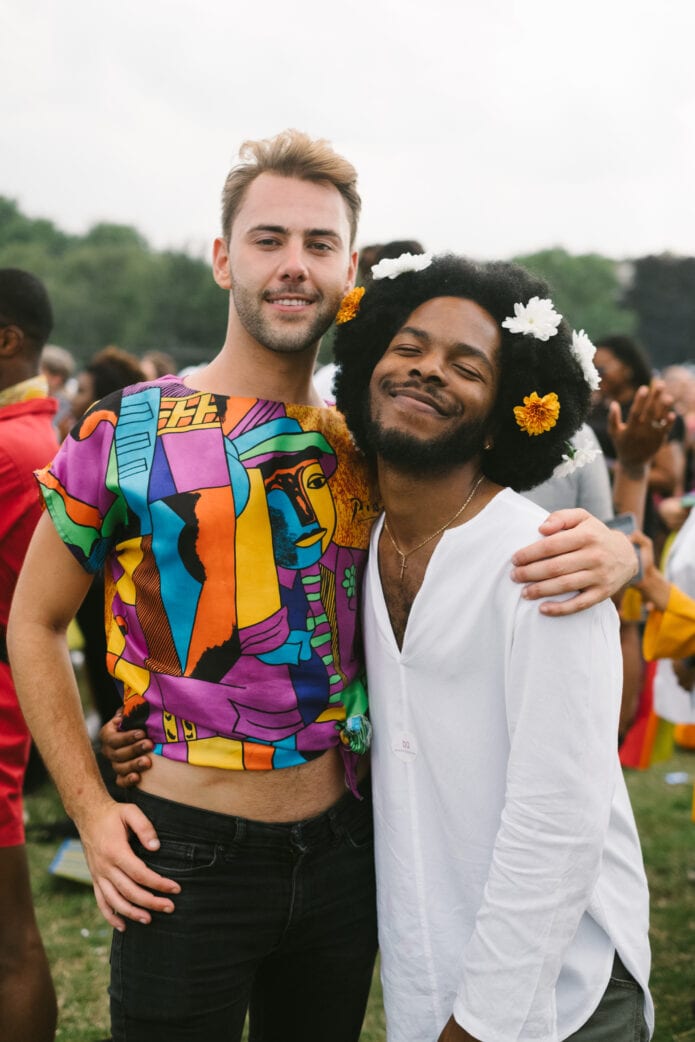
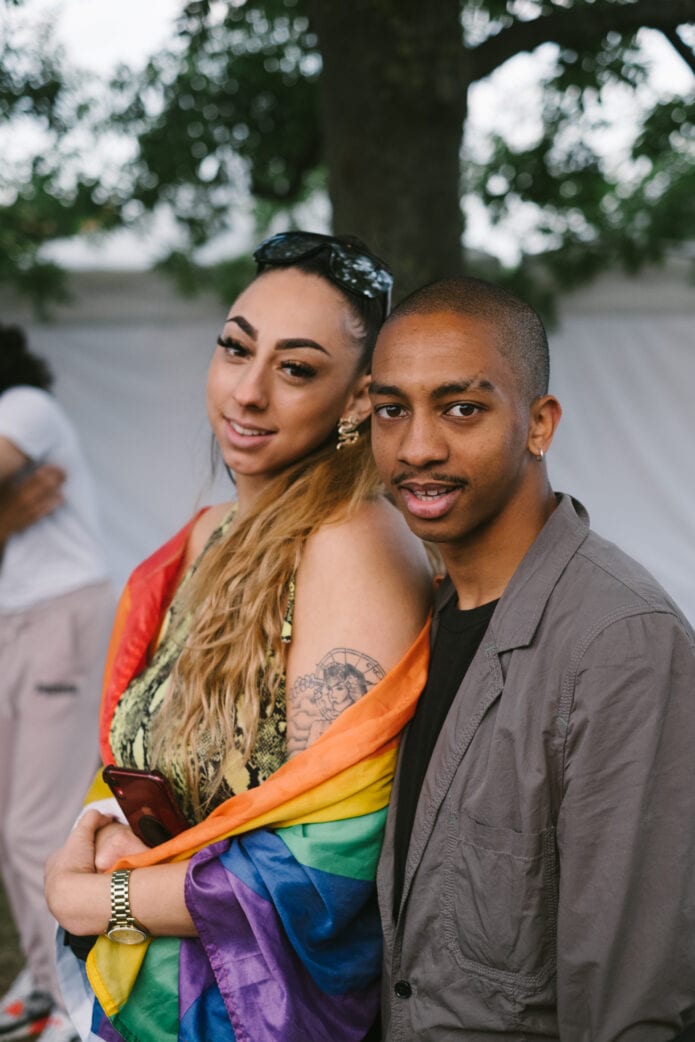
Sanjay Lago, a native of Glasgow, has never been to UK Black Pride. Even though the distance between Scotland and London has been a factor in his attendance, he found himself worrying about potentially infringing on Black spaces. “I feel I am intruding on a safe space for the Black LGBTQ+ community and I would never want to take up a space where I’m not meant to,” the 28-year-old explains. But even with his initial reservations towards attending, Sanjay does believe that UK Black Pride is a place for all queer people of colour. “I know UKBP is truly an inclusive space and I’m grateful there is the space in a wider event such as Pride,” he says. Yasmine Gaio shares the same sentiment as Sanjay: “I always assumed it was only for the Black community.”
The lack of attendance for Kemi Oloyede, a Black queer non-binary individual, stemmed from not having many Black queer friends to share the event with. “I personally haven’t attended because after I came out as queer I had predominantly white queer friends,” they say. “However, over the past year, I’ve made a number of Black queer friends with who I could go to UK Black Pride with.” When it came to their thoughts on the inclusivity of the event, Kemi thinks UKBP is welcoming but stated that it’s “mostly advertised as an event for Black LGBTQ+ folk.”
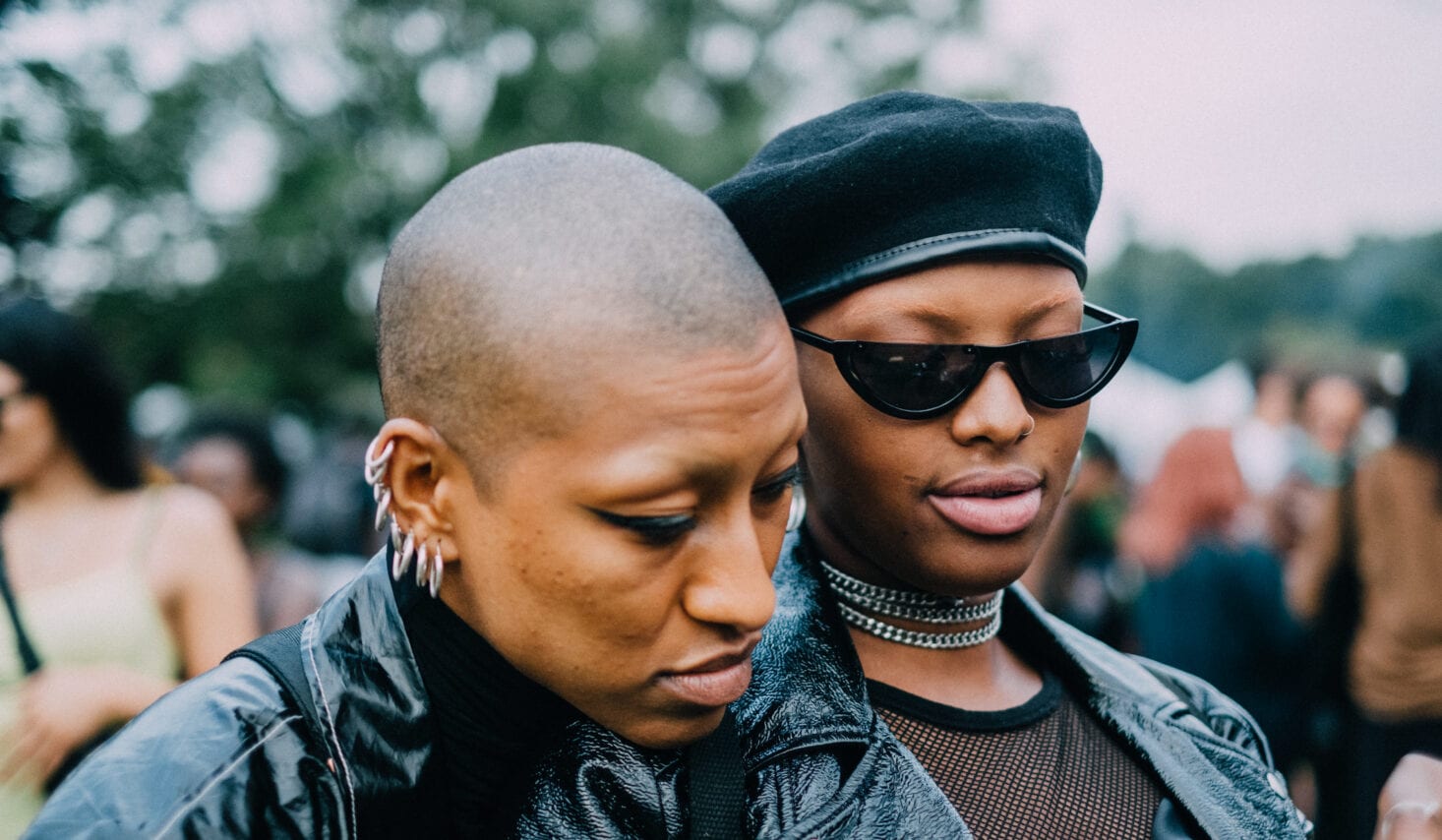
At its heart, UKBP is a space that strives to give all marginalised minorities a voice. Over the span of 15 years, the event has cultivated an environment that caters to the various cultures, upbringings and backgrounds of queer people of colour. Although Yasmine felt a sense of exclusion when it came to UKBP, the importance of the event is not lost on her. “Mainstream Pride events often feel really white so it’s good to have an event for people of colour,” Yasmine explains. “I guess there’s also a bit more of a stigma when it comes to sexuality and ethnic minorities, so UKBP is great for those who don’t have enough support from their family.”
Looking ahead, Sanjay, Yasmine and Kemi all hope to attend the diverse celebration in the future. “I’m a bit embarrassed by the fact that I thought it was exclusively for Black people, but this interview enlightened me. Catch me at the next UK Black Pride!” Yasmine says. When asked if they would be in attendance for future UK Black Pride events, both Sanjay and Kemi said yes. “I would definitely give it a go,” Kemi adds.
The Love and Rage theme of this year’s UKBP is set to be a digital celebration unlike any other. The founder of UKBP, Lady Phyll, has described the forthcoming festivity as a “space where each of you can show up as all of who you are, with your rage and disappointment, with your unyielding love and capacity for joy.” UKBP is an LGBTQ+ event that has grown from humble beginnings. Created as a resource and soundboard for Black and Brown queer voices, this crucial event continues to champion queer people of colour who are often overlooked. It’s more than just a celebration during Pride season, it’s a much-needed time for queer people of colour to freely live their truth.
